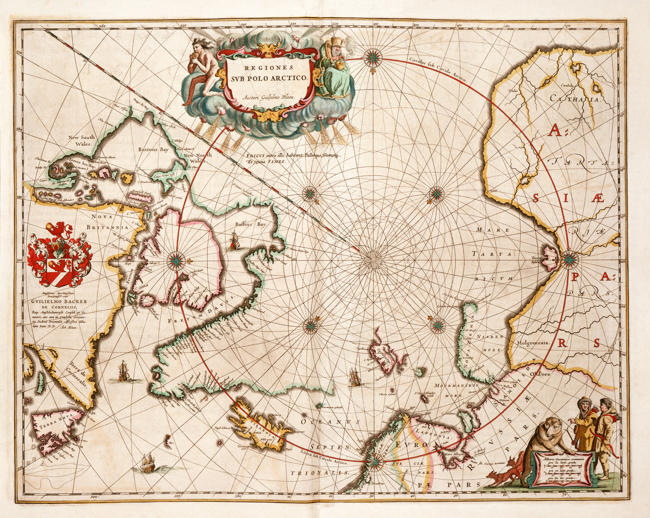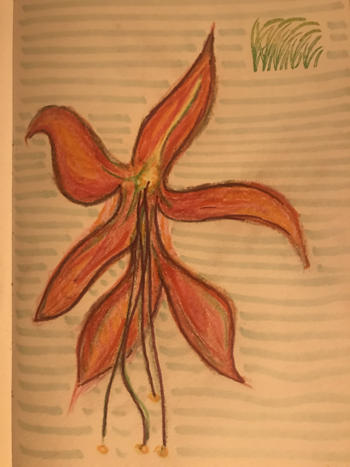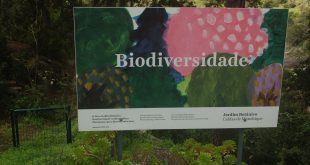Saturday, the 2 May 2020
by Alfredo Cunhal Sendim
Only three months ago, the Lisbon bus-stops were proudly proclaiming the “generation without limits”, as part of an advertising campaign for one of the networks operating on the now universal prosthesis that we hold to our ears. Now, let’s think about this all together, as Agostinho da Silva used to say, without any limits, living, as we do, on a finite planet that is already beginning to shake and tremble a little. And, with eight billion people like us, it’s normal that all of this isn’t going to run smoothly.
The question is a simple one. Who defines whose limits? But, before we get lost in this question, why don’t we think, first of all, about our own limits? And then, immediately afterwards, we can try to make these compatible with those of a few other people close to us, in an attempt to organise ourselves into “communities” that manage some plots of land that belong “to everybody and nobody at the same time”, in such a way that those who are participating in this venture can benefit from the results. Why don’t we lower the scale on which we operate in order to guarantee sovereignty, creating a genuine alternative to the human dichotomy (because this does not seem to exist in the natural system) of States and corporations, and in this way flee from the formula of nationalism?

Why don’t we organise ourselves in such a way as to manage our own ecosystems and our own biodiversity? Why don’t we control our own health, diet, education and culture? Why don’t we manage our own gastronomy, folklore, information, technology, currency and life, and, instead, leave the State to look after just those complementary activities that are subject to general regulations, questions of justice, security and safety, besides engaging in dialogue with the other planetary bodies?
In actual fact, we have always done this, and we continue to do so, although this is becoming increasingly difficult, insofar as the fashion of empires appeared as the only solution for combating the shortages that we ourselves were creating. And there it is, we can convince some people that there are no limits and then take it from there. And the problem, of course, lies in our own limits, and those of the others, too. And so, we create two types of people: those who devote their time to finding arguments that will enable them to live at the expense of the work of others, and those who are subjugated to working so that the former can exist.
 The State, which has now risen once again from the ashes, is certainly too aloof and distant from us to establish the trust and confidence that are needed to make this leap into that so-called fifth empire. Confidence is lost from one generation to the next. Trust and confidence in ourselves, in those nearest to us, in organisations, in the State, in those who are “responsible” for running things. We have to turn the curve on its head, because what can a community being expect when he or she is devoid of confidence? (A psychologist, ho-ho). How will it be easier to restore trust and confidence, in those closest to us or in those furthest away? Of course, confidence still exists and not just in the light at the end of the tunnel. Despite the lockdown of the central States, trust is continuing to increase all across the planet through the citizens’ communities, the socalled Commons. Real, virtual and inspired by multiple worldviews, confessions and introspections, which form a mosaic of realities that is as colourful as it is solid.
The State, which has now risen once again from the ashes, is certainly too aloof and distant from us to establish the trust and confidence that are needed to make this leap into that so-called fifth empire. Confidence is lost from one generation to the next. Trust and confidence in ourselves, in those nearest to us, in organisations, in the State, in those who are “responsible” for running things. We have to turn the curve on its head, because what can a community being expect when he or she is devoid of confidence? (A psychologist, ho-ho). How will it be easier to restore trust and confidence, in those closest to us or in those furthest away? Of course, confidence still exists and not just in the light at the end of the tunnel. Despite the lockdown of the central States, trust is continuing to increase all across the planet through the citizens’ communities, the socalled Commons. Real, virtual and inspired by multiple worldviews, confessions and introspections, which form a mosaic of realities that is as colourful as it is solid.
CSA (Community-supported Agriculture), transition movements, eco communities, community workshops, educational communities, cultural communities, integral cooperatives, mutual health organisations, insurances, credit, housing, banks of hours, mutual cooperation and assistance… This Covid-19 will help us to understand the clear difference between being in a self-governed reality or in one that is controlled by others. But this can also lead quite easily to the following formula: “let there be someone who can impose some order, the rest doesn’t matter”. And then we wake up to find ourselves being governed by a Bolsonaro. In fact, so far, it hasn’t been like this. Instead of going out into the street and destroying everything, we – the people – have been building more Commons, which is encouraging news for all those who, once and for all, find in this solution a way out of this story of counting the number of empires, as if we were playing Russian roulette.
So, what are the “Commons”?
 Eco123 Revista da Economia e Ecologia
Eco123 Revista da Economia e Ecologia

